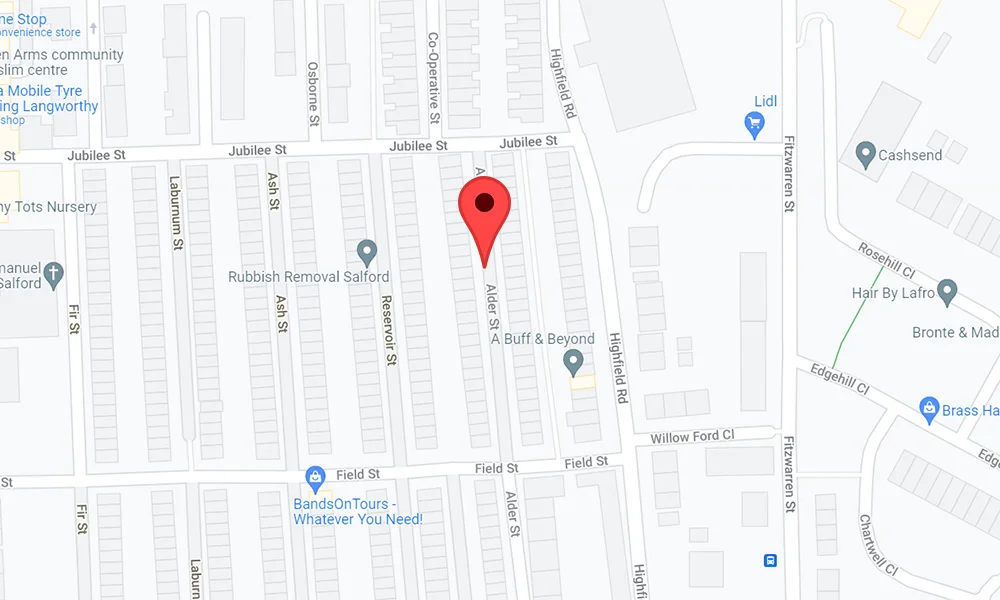The prevalence of obesity has been increasing worldwide over the past 50 years and obesity is now a significant public health challenge. Obesity is considered a public health problem, which, in addition to being highly prevalent, is a risk factor for many chronic-degenerative diseases. In 2016, around 13% of the world's adult population was classified as obese and 39% as overweight. By 2030, it is projected that excess bodyweight will present a loss of 26–55 million quality-adjusted life years for USA and UK combined. Obesity is a major risk factor for a range of long-term health conditions, such as cardiovascular disease, cancer, and diabetes mellitus, that account for significant morbidity and mortality worldwide. The COVID-19 pandemic has revealed further alarming associations between the prevalence of obesity and increased susceptibility to health risks, highlighting yet again the severity of the obesity crisis. If rising obesity rates are not dealt with, obesity-related health conditions will continue to place an enormous burden on health care systems and their resources.
A lack of physical activity and increased intake of energy-dense and high-fat foods are both considerable factors that have contributed to the obesity crisis. The best way to support people with obesity or overweight lose weight is to encourage physical activity and healthy diet, as part of usual care advice by their health care providers. Evidence suggests that behavioral interventions aiming to improve physical activity and/or eating behavior have modest effects at supporting adults with obesity lose weight. Although promising, these behavioral interventions require many resources, are time-consuming, and are not easy to disseminate and implement, often requiring frequent and repeated face-to-face contacts with health care professionals whose time is limited and generally expensive.
Digital interventions have the potential to reach large numbers of people and at a low cost, while also engaging users in an interactive format and in real-time, often with the potential to apply theory and techniques to support behavior change to the individual.
Behavioral interventions that enable individuals to self-regulate their behaviors and exercise control over the process of health behavior change might be more effective at promoting behavior change and associated health outcomes than those outside of an individual's perceived control. One important element of self-regulation is to monitor health-related behaviors. Research suggests that self-monitoring both physical activity and eating behavior could facilitate weight loss.
A systematic review on app-based lifestyle interventions targeting physical activity, diet and sedentary behavior in adults and children provided modest evidence for the efficacy of apps at improving each of these behaviors. this review aims to inform knowledge about the effectiveness of digital interventions that enable self-monitoring of both eating behavior and physical activity at improving weight loss in adults with obesity or overweight. A recent review has evaluated the association between self-monitoring of weight loss and adherence to digital self-monitoring.
This systematic literature review has the following objectives:
- To evaluate the effectiveness of digital self-monitoring of eating behavior and physical activity at promoting weight loss, increasing physical activity and reducing energy intake in adults with obesity or overweight.
- To explore which behavior change techniques and strategies might explain variations in intervention effectiveness.
The results from the meta-analyses suggest that digital self-monitoring behavioral interventions of physical activity and diet are significantly effective at improving weight loss, increasing moderate physical activity and reducing calorie intake in adults with obesity or overweight, compared with interventions that do not enable digital self-monitoring of both of these behaviors. The observed positive effects recommend that digital self-monitoring of eating behavior and physical activity is a promising way to support adults with overweight or obesity lose weight, at least in the short term. Tailored behavioral interventions were significantly more effective than nontailored interventions, suggesting that tailored behavioral advice can significantly enhance the effect of digital self-monitoring on weight loss.
These findings support the digital self-monitoring of behaviors as an effective and low cost solution to tackle obesity and overweight.
Karimi, H
Master of clinical Nutrition & Dietetics
Reference
- Berry R, Kassavou A, Sutton S. Does self-monitoring diet and physical activity behaviors using digital technology support adults with obesity or overweight to lose weight? A systematic literature review with meta-analysis. Obesity Reviews.2021.

